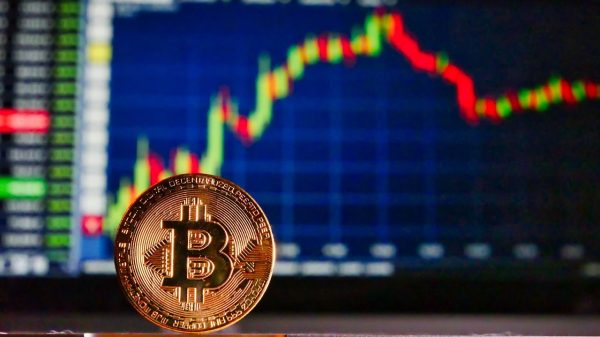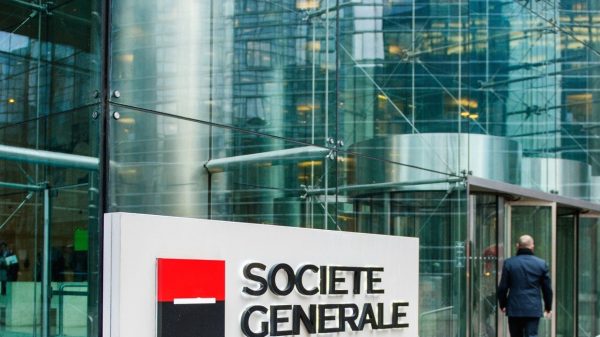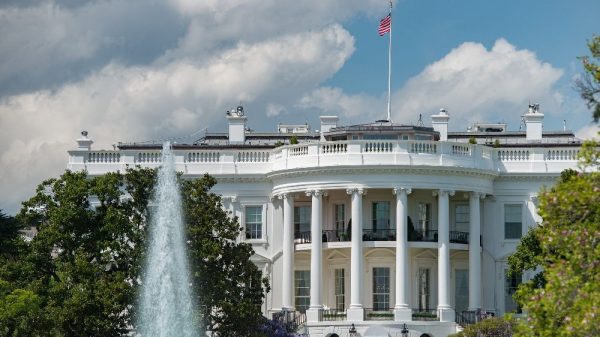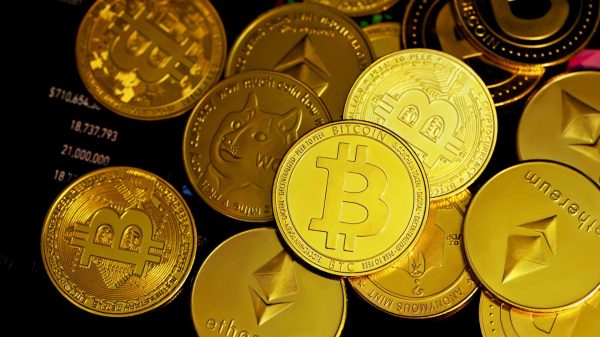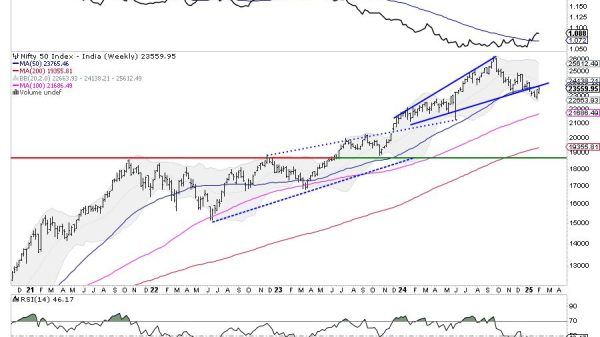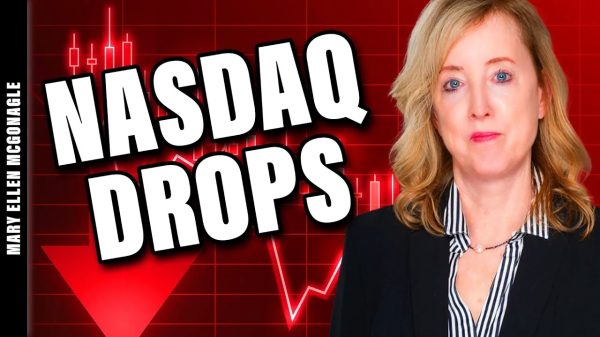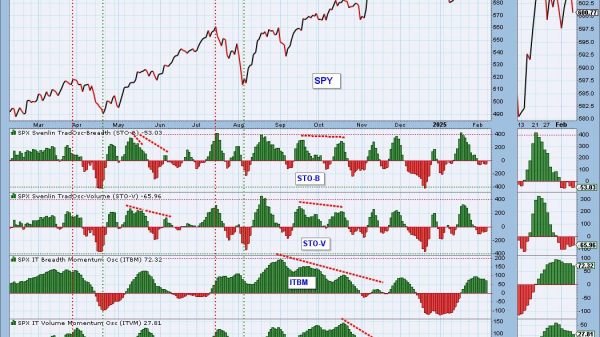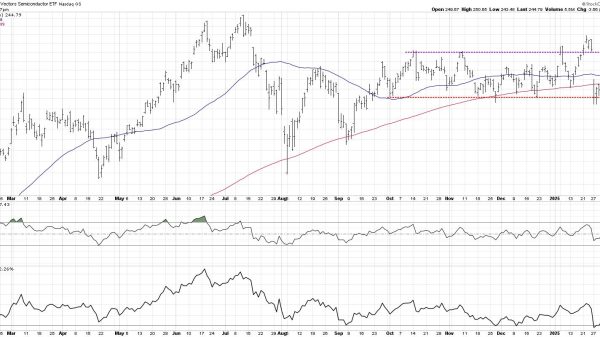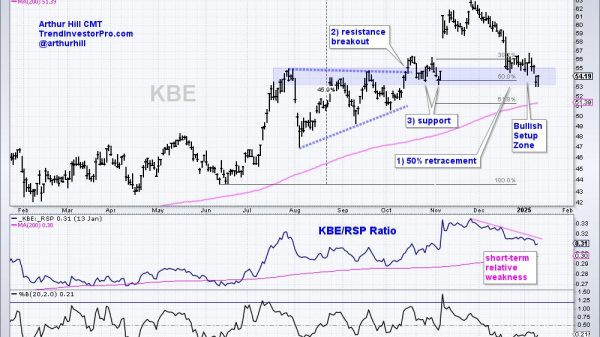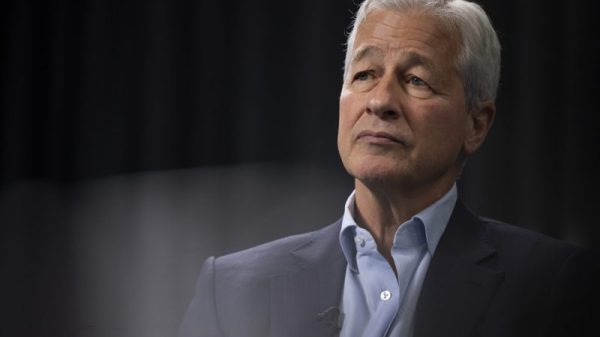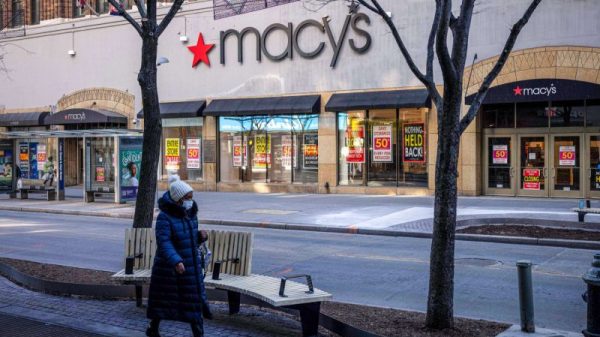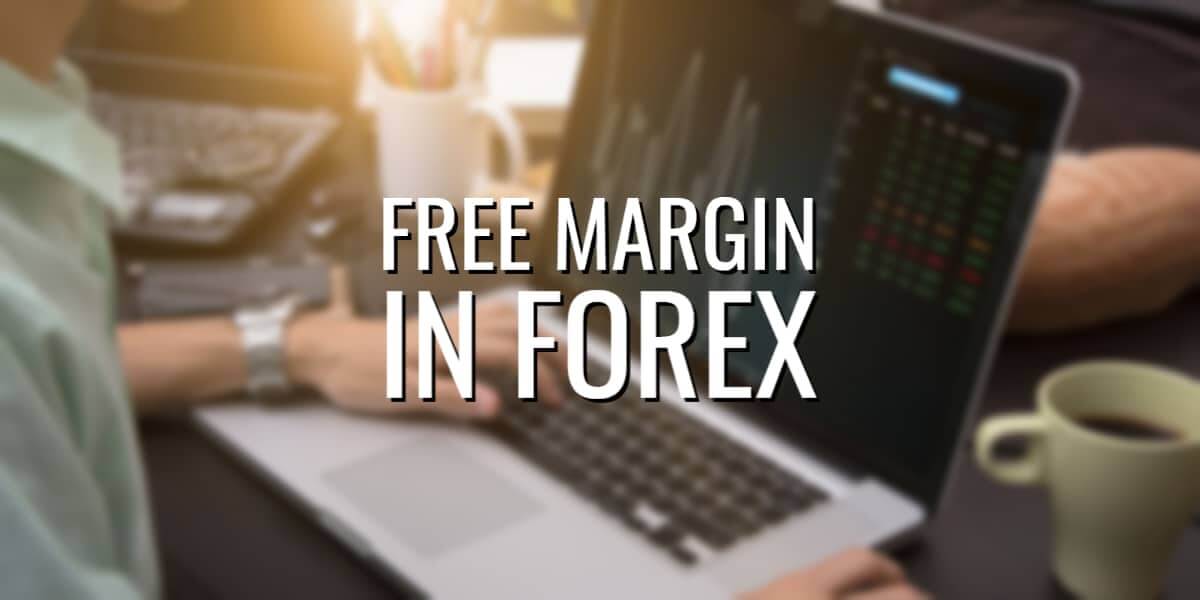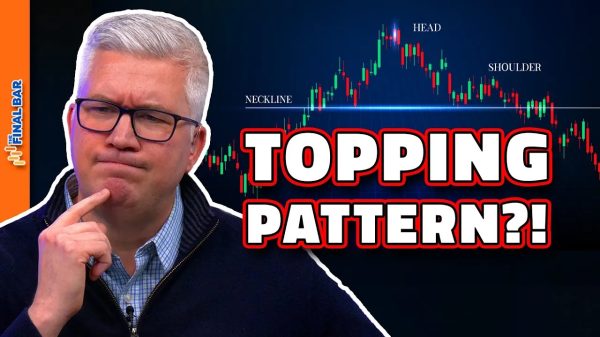What Is Free Margin in Forex? – Guide for Beginners
Many novice forex traders are struggling to understand the difference between various terms. For instance, do you know “What is free margin in forex?”
There are also many questions like “What is margin and free margin in forex?” Don’t worry! You don’t have to be a financial guru in order to learn various terms.
So, what is the margin?
In forex trading, margin refers to the collateral that a trader needs to deposit with their broker in order to open and maintain positions.
Margin is a portion of the total trade size the trader must contribute, while the broker provides the remaining amount. Importantly, margin allows traders to control larger positions in the market with a smaller initial investment.
We also need to note that margin is expressed as a percentage, known as the margin requirement or leverage.
Margin serves as a form of security for the broker against potential losses incurred by the trader. It is also used to ensure traders have sufficient funds to cover any losses that may occur.
If the account balance falls below the required margin level, a margin call may be triggered, prompting the trader to deposit additional funds or close positions to restore the required margin.
As you can see, it is important for traders to understand the concept of margin.
Free margin and its importance
Let’s get back to the question about free margin. So, what is free margin in forex?
In forex trading, free margin refers to the amount of funds available in a trader’s account that can be used to open new positions or withstand potential losses. It is the difference between the equity (the current account balance) and the margin used for open trades.
The free margin represents the unused portion of the trader’s account balance that is not tied up in open positions. Traders can utilize the free margin to enter new trades or support existing positions while keeping a buffer to avoid margin calls or account liquidation.
What do you need to know about margin level?
Now, you know what is free margin in forex. However, it is important to learn other terms as well. One such term is margin level.
Margin level in forex refers to the ratio of equity to used margin, expressed as a percentage. It is a measure of the extent to which a trader’s account is currently funded in relation to the margin being used for open positions.
The margin level is calculated by dividing the equity (the current account balance) by the used margin and then multiplying by 100 to get the percentage. The formula is as follows:
Margin Level = (Equity / Used Margin) * 100
A higher margin level indicates a healthier and more secure account. What about a lower margin level? It suggests higher risk and potential margin call situations.
Typically, brokers set a minimum margin level requirement, such as 100% or 200%. If the margin level falls below this requirement, it may trigger a margin call, which prompts the trader to either add more funds to the account or close some positions to increase the margin level.
Managing margin levels is crucial for forex traders to ensure they have sufficient funds to sustain their positions. Also, in order to avoid potential margin-related issues.
It is advisable to monitor the margin level regularly and maintain it at a comfortable level to minimize the risk of margin calls and account liquidation.
Forex margin call
We shouldn’t forget about the forex margin call.
It occurs when a trader’s account equity (current account balance) falls below the required margin level set by their broker.
A forex margin call is a mechanism used by brokers to protect themselves and their clients from excessive losses and potential account deficits.
When a margin call is triggered, it means that the trader no longer has enough equity to support their open positions. The broker will typically send a notification to the trader informing them of the margin call and requesting immediate action.
At this point, the trader has two options:
Deposit additional funds: The trader can add more funds to their account to increase the equity and bring the margin level back above the required level. By doing so, they can continue to hold their positions.
Close positions: Alternatively, the trader can choose to close some or all of their open positions. By closing positions, they can reduce the margin used and potentially increase the margin level.
It’s important to note that if a trader fails to meet the margin call requirements and doesn’t take any action, the broker may start closing positions on their behalf to limit potential losses and restore the required margin.
Margin calls serve as a risk management tool for both traders and brokers. They help ensure that traders have sufficient funds to support their positions and prevent accounts from falling into negative balances.
It is crucial for traders to monitor their margin levels and manage their positions effectively to avoid margin calls and potential liquidation of their accounts.
To sum up, it is vital to know what is free margin in forex. Moreover, it is important to learn more about the forex market as well.
The post What Is Free Margin in Forex? – Guide for Beginners appeared first on FinanceBrokerage.

